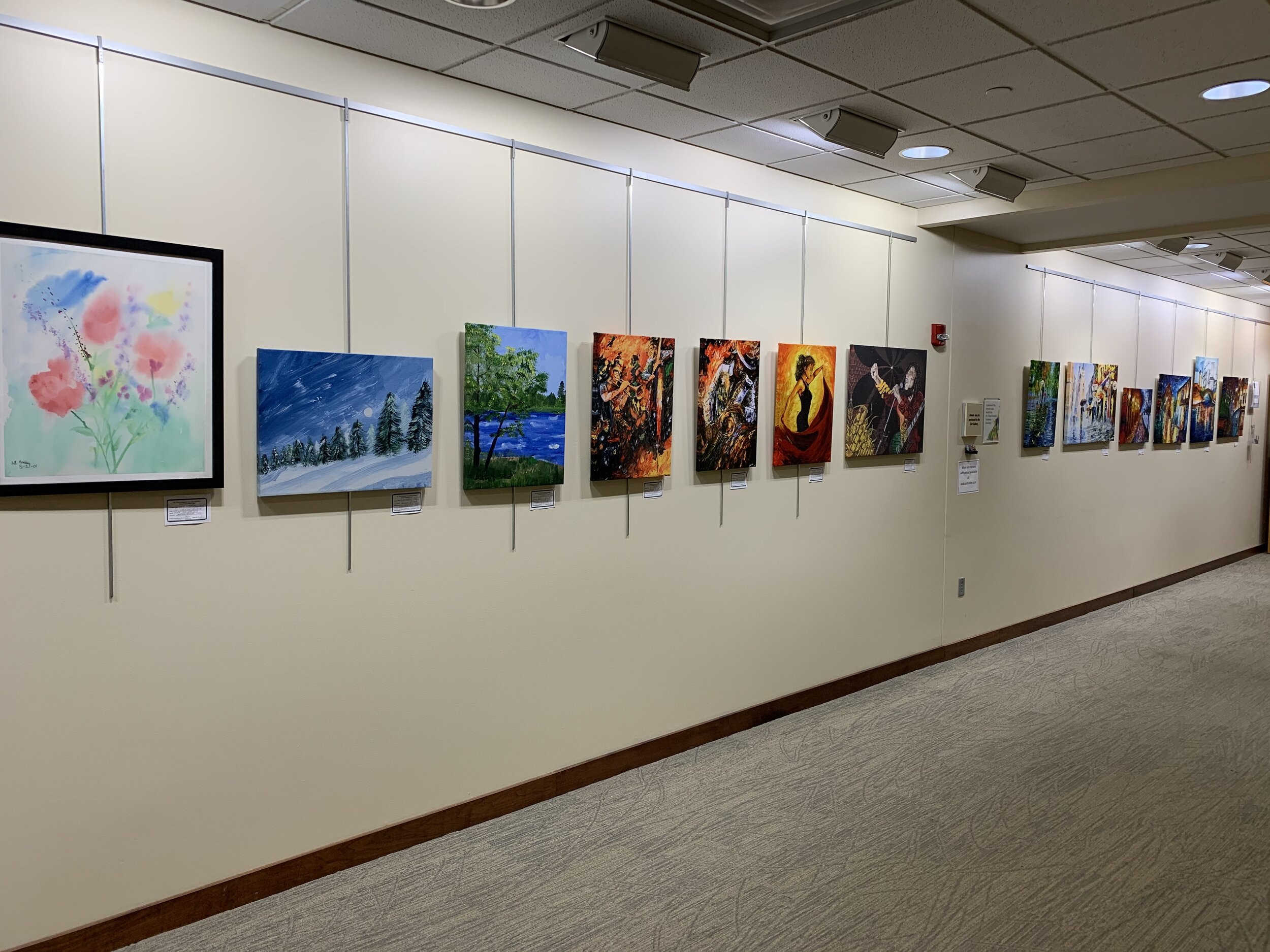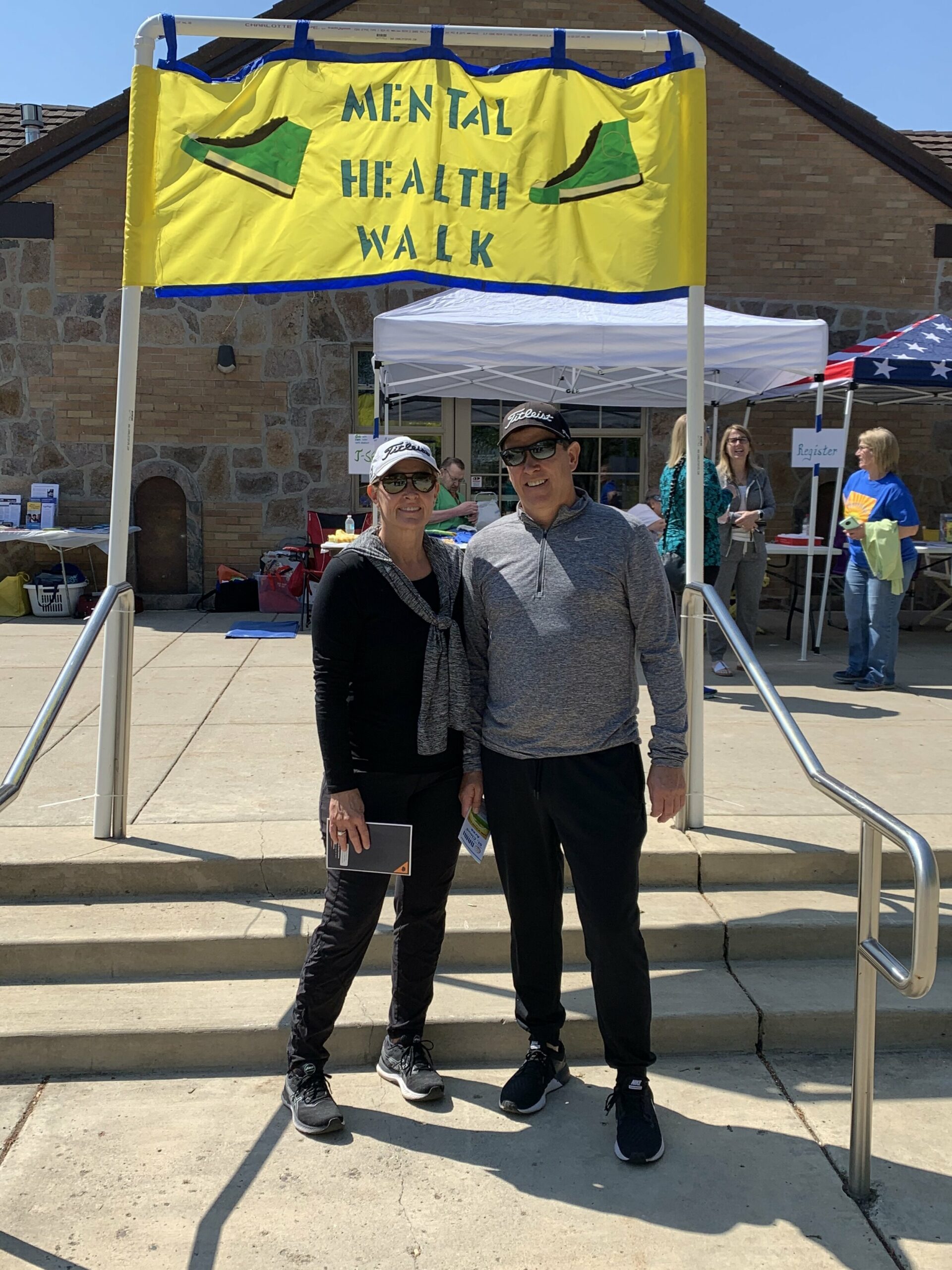June Newsletter
Hi everyone—
There’s a saying about mental health—if you know one person with a mental health issue, you know one person with a mental health issue. Its intention that way is to enforce the notion that every single person’s perspective and experience is different. There are no two experiences the same.
The journey we take in grief is similar to that illustration of the differences in mental health. There are no two journeys or paths the same and even the same loss—a son, a daughter, or a parent—has differing ramifications and effects from those left standing in grief’s wake.
It’s important to reflect upon those differences as we navigate life and offer support and comfort to each other as we stand together in some pretty brutal, beautiful circles of compassion after a loss. Not knowing what to say is saying something in itself. No one, absolutely no one, knows what to say or do during the darkest times. Acknowledging that itself is something.
Men grieve differently from women.
Children grieve differently from adults.
Parents grieve children differently than children grieve their parents.
And, people experience mental health in different ways. Endless ways. It’s as personal as eye color, fingerprints, or DNA.
Whether grieving a loss or experiencing mental health challenges or supporting someone through either scenario (or both), we’re alike in how different we are. May there be some unity and comfort in that.
Be well,
Reyne & Scott Roeder

Love on Display
Jackson’s artwork is on display at CentraCare Health Plaza through June. In July, the installation will move to St. Cloud Hospital. If you’re on either campus, we invite you to view his collection and should any of his creations particularly interest you, a selection is available for purchase.
All proceeds will be donated to the Jackson Roeder Memorial Fund.

Make it Okay June 15th
Together with Health Partners and Central Minnesota-based company sponsors and community collaborators, Make It OK a community campaign to reduce stigma by increasing understanding and creating caring conversations about mental illness, is taking place Tuesday, June 15th.
Those who attend the session will:
-
Learn more about what Make It OK is
-
Better understand what you can do to reduce the stigma through key messages and resources
-
Feel more confident in talking more openly about mental illness, and helping people get the care and support they deserve

Learning My Warning Signs Through Each Stage of My Life
By Nicole Beeman-Cadwallader, NAMI
While sitting in my ninth grade English class, staring down at the pages of the Odyssey, the way I understood myself changed forever. I felt the room around me blur, almost like the rest of the people in the room were pushed away from me, and I became narrowly focused on the words on the page. I was reading them, but I was not making meaning of them. At that moment, I couldn't.
I live with bipolar disorder and, throughout the years, experiences like this peel back layers of my brain and the way it works. At each stage of my life, I’ve become more acutely aware of the warning signs that I am at risk for a depressive or manic episode.
Childhood
Even in my childhood years, there were warning signs of my mental health condition. While I wasn’t diagnosed until adolescence, I’m hopeful that my childhood experiences are useful for other caregivers.
The earlier a first psychotic episode is treated, the greater the likelihood for reducing relapses or severity of future episodes. For about a year when I was 10–11 years old, several nights a week I slept very little. I’d lie in my bed, staring at the shadows in the corners and on the walls. I’d make up stories for my toys, which sometimes helped me fall asleep, though often I’d end up in thought spirals.
Finish reading Nicole’s blog, Learning My Warning Signs Through Each Stage of My Life.
Nicole recently left a more than 20-year career in STEM education and is now pursuing her passion to support youth mental health and mental illness recovery through service and being a resource for parents and caregivers. Find her at www.iamoneinfive.com or email her at nbeeman22@gmail.com to connect.

Resources & Can't-Miss:
Let’s Make it OK to Talk About Mental Health
Blog written by Lisa Bershok, CentraCare Suicide Prevention Program Manager, on how to get involved and care for yourself.
Days of Awareness & Events: JRMF
Calendar featuring monthly days of awareness and events we share through Jackson Roeder’s Memorial Fund website.
“Here’s How We Survived”
Story from The New York Times chronicling a parents’ heartbreak and surviving their son’s suicide.
Dear Evan Hansen
Movie adapted from Tony-Award winning musical, Dear Evan Hansen hits the big screen in September. The film is based on co-creator Benj Pasek's experience after a classmate died by suicide.
National Suicide Prevention Lifeline
1-800-273-8255 or text “MN” to 741-741
